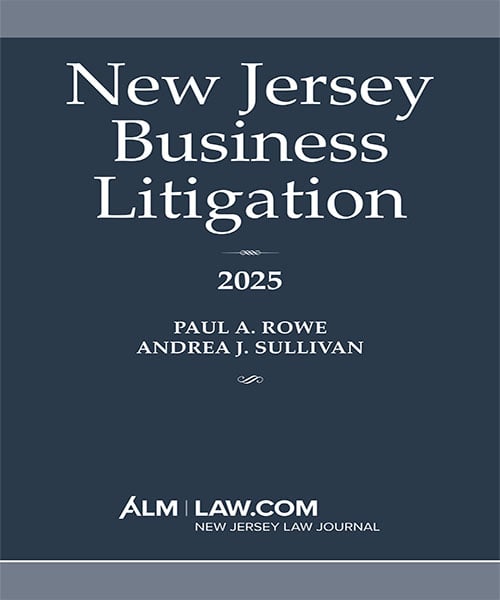0 results for '*'

Spousal Signature on Loan Application Allowed Under Law
A lender does not violate the Equal Credit Opportunity Act when a spouse voluntarily signs his or her name as a co-applicant on a husband or wife's loan, the Superior Court has ruled in a case of first impression.

Sheppard Mullin Associate Pictures Trapeze Hobby as Recruiting Event
When associate Heather Cooper has a tough work week, she releases stress by flying through the air. Cooper, a fourth-year at Sheppard, Mullin, Richter & Hampton, has taken up trapeze classes at California's Hollywood Aerial Arts, an activity she says is a great complement to her day job as an antitrust attorney. "It really is a high-wire balancing act, like the practice of law often is," she says. And this summer she's hoping to invite the summer associates along as one of her firm's recruitment activities.
Navigating the Tricky Issue of Corruption in China
In "Are you Exposed? Global Bribery and Corruption: 2012 Lessons and 2013 Predictions," Hogan Lovells calls corruption in China "a huge problem."View more book results for the query "*"



Children's lawyers cannot be sued
Quasi-judicial immunity is warranted for lawyers for minor children because the threat of a suit may discourage them from taking positions on behalf of a child that is adverse to the interests of the child's parents, the Connecticut Appellate Court has ruled.
Takeout Plus Stakeout Equals Seizure
Police officers staking out an alleged drug dealer's apartment acted reasonably when they used the entry of a food delivery person through the front door to observe, and then seize, the occupants inside, the 2nd U.S. Circuit Court of Appeals ruled. A sharply divided court found the occupants of a "known stash house" had "voluntarily exposed themselves to public view" when they accepted the delivery.
Settlements and Subsequent Legal Malpractice
Andrew Lavoott Bluestone, a sole practitioner, writes that recently, one Appellate Division case and two Supreme Court cases have challenged the "effectively compelled" principle - that legal malpractice claims are viable even after a settlement in the underlying action if that settlement was effectively compelled by counsel's mistakes - and in effect, turned it on its head.
Trending Stories
- 1South Florida Attorney Charged With Aggravated Battery After Incident in Prime Rib Line
- 2'A Death Sentence for TikTok'?: Litigators and Experts Weigh Impact of Potential Ban on Creators and Data Privacy
- 3Bribery Case Against Former Lt. Gov. Brian Benjamin Is Dropped
- 4‘Extremely Disturbing’: AI Firms Face Class Action by ‘Taskers’ Exposed to Traumatic Content
- 5State Appeals Court Revives BraunHagey Lawsuit Alleging $4.2M Unlawful Wire to China
Featured Firms
Law Offices of Gary Martin Hays & Associates, P.C.
(470) 294-1674
Law Offices of Mark E. Salomone
(857) 444-6468
Smith & Hassler
(713) 739-1250
More from ALM
Resources

Aligning Client Needs with Lawyer Growth and Profitability
Brought to you by BigHand
Download Now

Technology to Make E-Discovery Smarter, Not Harder
Brought to you by Nuix
Download Now

Does Generative AI Have the Power to Transform Legal Services?
Brought to you by HaystackID
Download Now

How This Personal Injury Firm Reduced Client Intake Time by 80%
Brought to you by PracticePanther
Download Now



